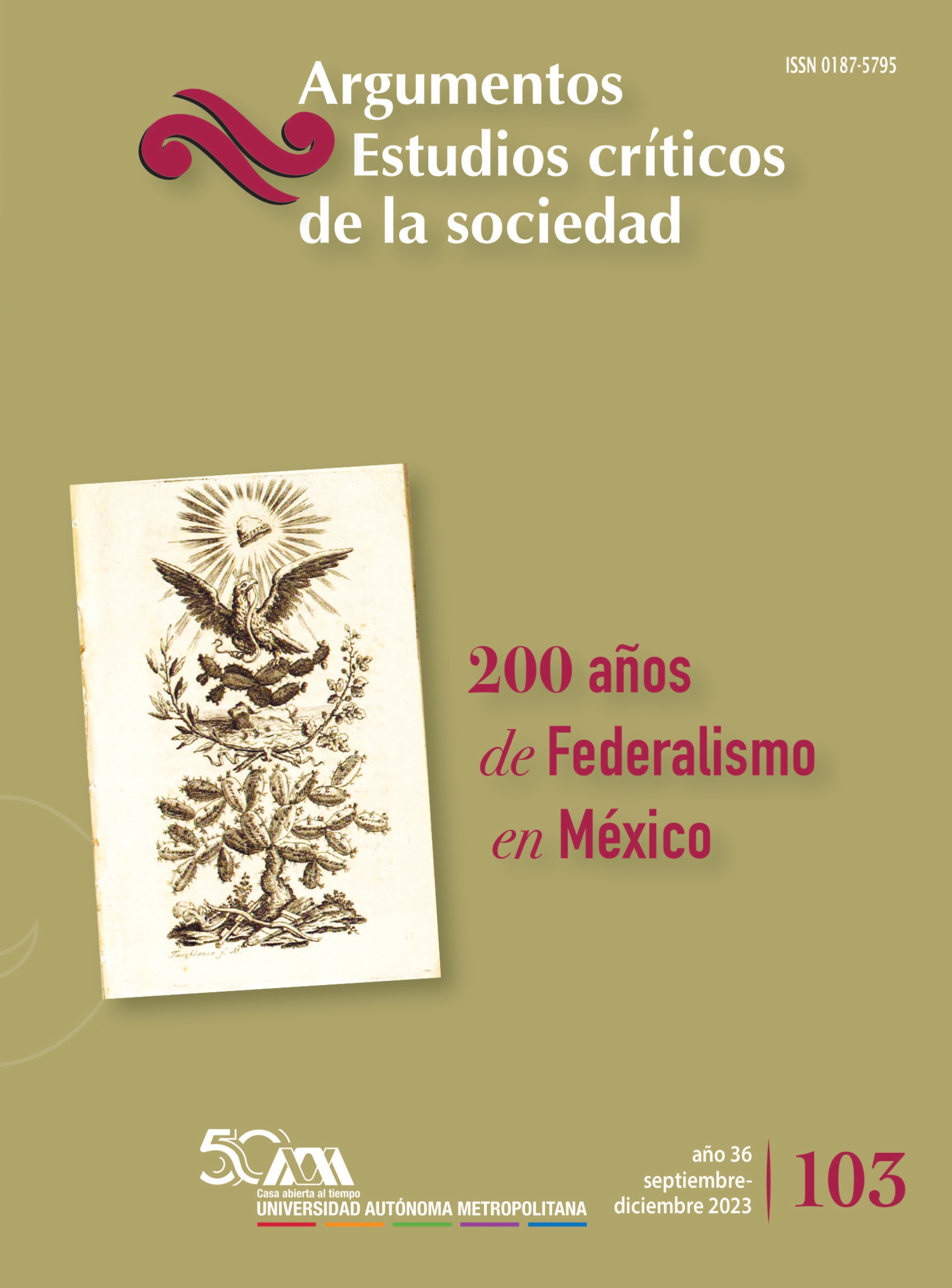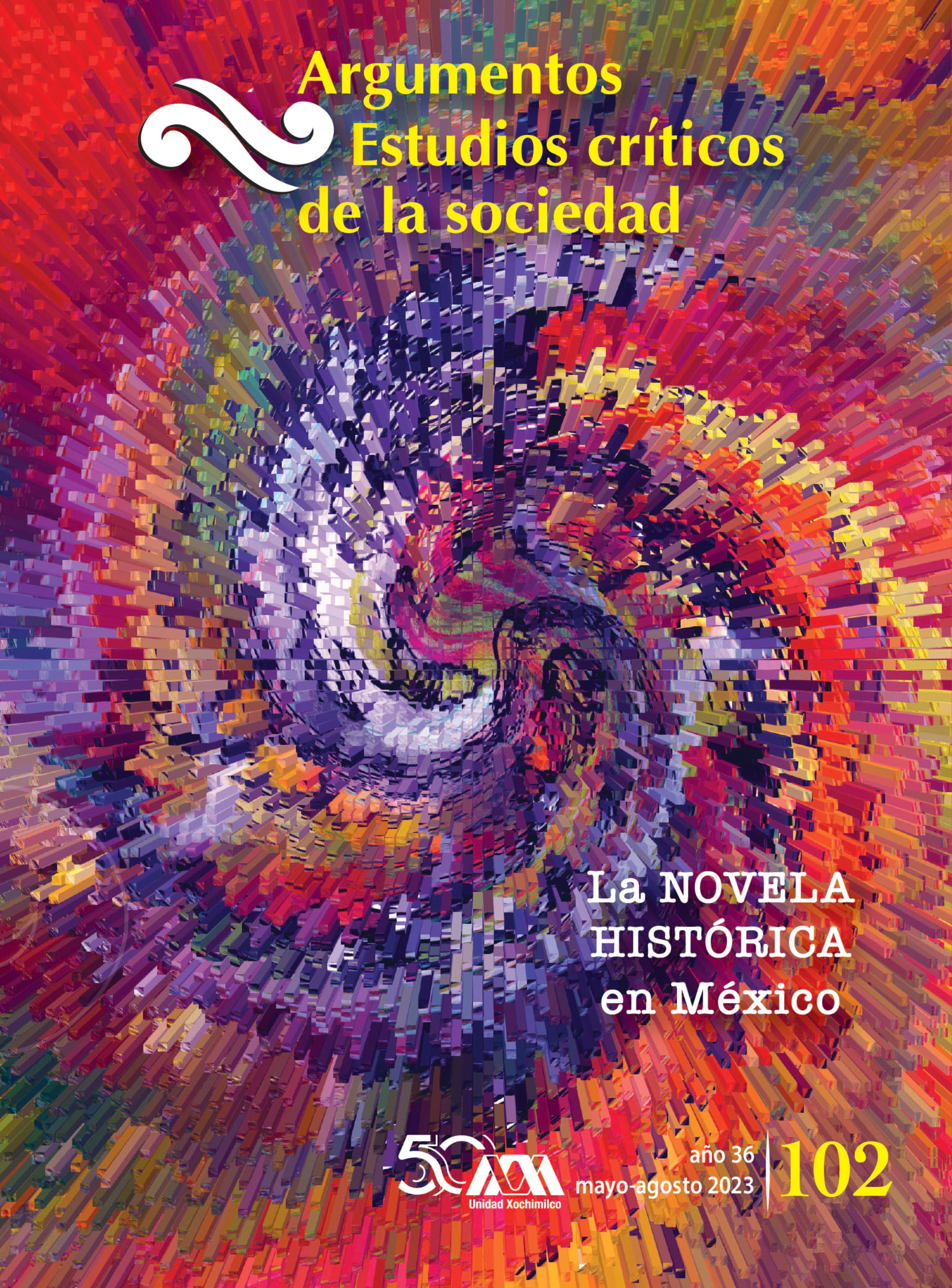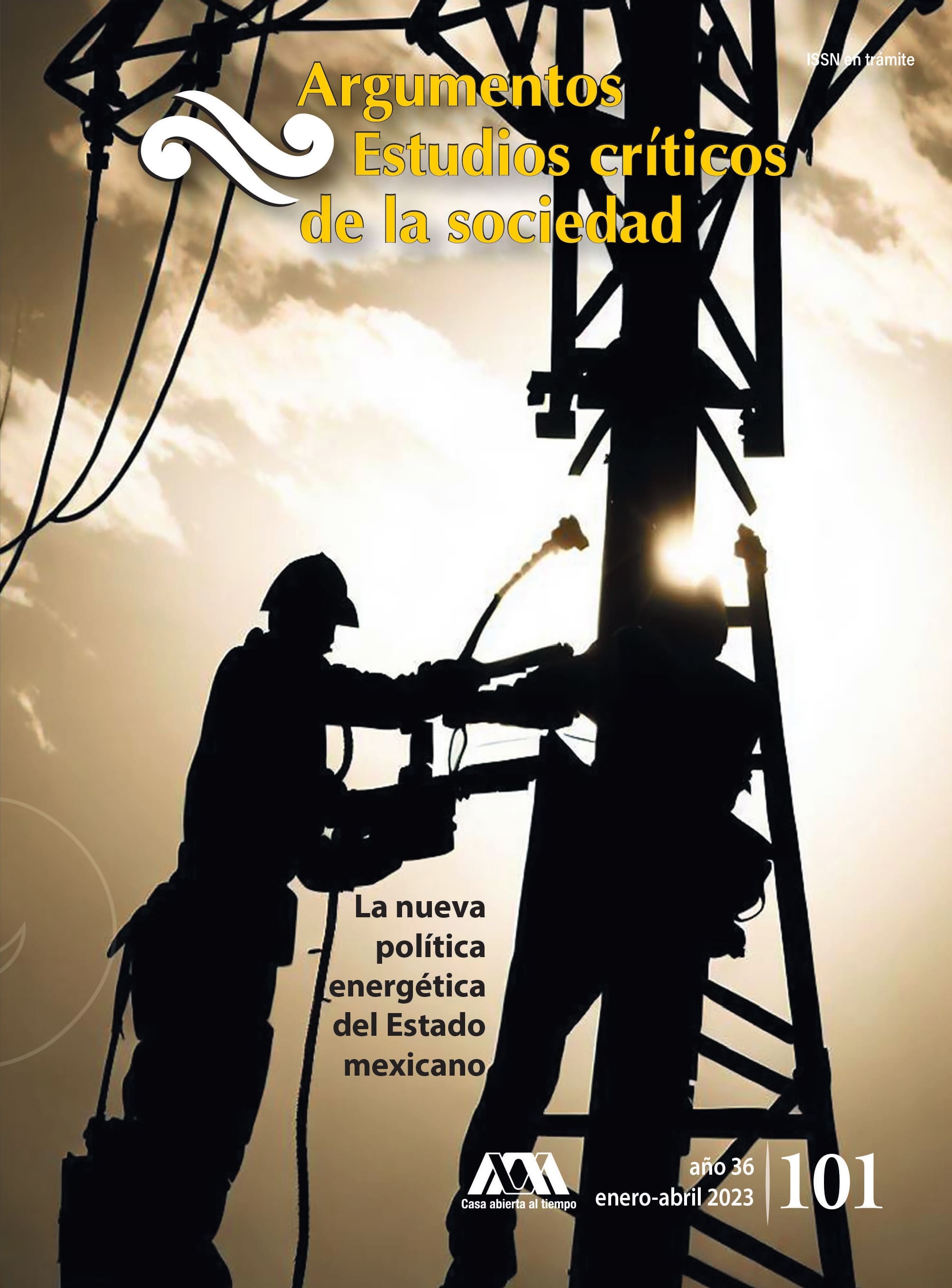Perfil histórico de la élite política chiapaneca
Abstract
Naming names and families from Chiapas invariably opens up pathways that identify positions and discourses that veil the realities of political and economic power and promote the ideological current that instilled power into the body of power in Mexico in the shape of its ruling elites of the pre-revolutionary, revolutionary, and post-revolutionary periods. Chiapas responds to this explanatory model in which the ways that groups from Chiapas incorporated themselves into the hierarchy of national power come to the forefront, as do the ways in which they have recreated, recycled, and reempowered themselves at different moments in history. Much of the politics of Chiapas can be explained by following three families that held power constantly during the last century, who are still numbered among the decision-makers and elected representatives, and whose weighty control mechanisms are still felt. The transition in Chiapas is thus marked the fact that during the 20th century no one from outside the traditional elite groups had been able to win power in the state until the PAN'S victory in 2000, and this event suggests that in the future Chiapas will see further breakdowns in the constant assumption of power by the traditional elites and the emergence of alternative leaders, such as the coalition candidate Pablo Salazar, whose gubernatorial victory has ties to the Party of the Democratic Revolution and the alliances forged by the social movement surrounding Bishop Samuel Ruiz and the Zapatista National Liberation Army.








